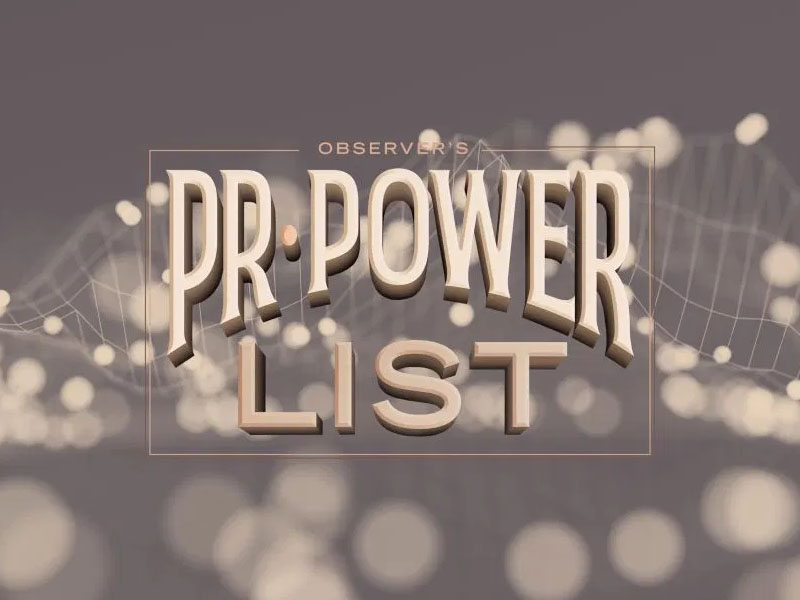In honor of Black History Month, SourceCode Communications is reflecting on the technology divide and highlighting Black innovators & inventors to bring awareness and provide inspiration on what we can do to affect change.
Over the past year, we have seen many shifts — both economically and culturally — due to the COVID-19 pandemic. Social isolation mandates birthed a swift shift toward remote work and school and increasing our collective dependence on technology not only to stay connected, but to sustain a liveable income. These shifts have been especially challenging for people of color. Between the virtual shift and an overall increase in racial injustice, COVID-19 brought the inaccessibility of technology for many communities to the fore.
While COVID-19 may have highlighted some of these issues, the digital divide was an issue long before 2020. In 2019, Pew Research released a study that showed that while 79 percent of white households have broadband internet, only 66 percent of Black households and 61 percent of Hispanic households do. In a report from April 2020, 53% of Americans said that the internet has been essential during the COVID-19 outbreak, but 1 in 5 households with children reported that it was at least somewhat likely their children would not be able to do their schoolwork because they did not have access to a computer at home.
Unfortunately this digital divide will only continue to grow as more jobs become remote and our reliance on digital resources expands. Big tech has made moves to help with this gap with industry leaders like Apple donating to new racial equity initiatives. But it doesn’t stop there, small businesses and mid-size companies have a responsibility to make efforts in these areas too. Between hiring diverse groups, encouraging staff to volunteer, and making donations, everyone can make a difference.
It’s the reason why SourceCode is choosing to donate laptops this year to One Laptop Per Child, an organization built with the goal of transforming education for children around the world. With less than half (40%) of U.S. middle school and high school students reporting using computers everyday at school, the growing need for access to tech especially at home is clear. Supporting organizations that improve children’s accessibility to tech at home can improve their educational experience, increase the pipeline of students in STEM, and ultimately foster workplace diversity. Studies have shown that companies with above average diversity had 19% higher innovation revenues. Additionally, companies in the top quarter for racial and ethnic diversity are 35% more likely to surpass peers. So, it’s no question how much having diversity in your workplace increases business value, but it starts by having access to technology at home.
There are several ways to help close the ethnic digital divide this Black History Month. Below are a few organizations you can support to help increase access to tech in America who are invested in reducing tech inequalities for Black Americans:
- Girls Who Code: Girls Who Code is an organization that values diversity, equity, and inclusion as essential to our mission. A nonprofit organization, Girls Who Code aims to support and increase the number of women in computer science by equipping them with the necessary skills to pursue opportunities.
- National Society of Black Engineers: With more than 500 chapters and nearly 22,000 active members in the U.S. and abroad, the National Society of Black Engineers (NSBE) is one of the largest student-governed organizations based in the United States. NSBE, a 501(c)(3) nonprofit organization founded in 1975, supports and promotes the aspirations of collegiate and pre-collegiate students and technical professionals in engineering and technology. NSBE’s mission is “to increase the number of culturally responsible Black Engineers who excel academically, succeed professionally and positively impact the community.”
- All Star Code: All Star Code creates economic opportunity by developing a new generation of boys and young men of color with an entrepreneurial mindset who have the tools they need to succeed in a technological world.
- Black Girls Code: Black Girls Code is an organization built to introduce programming and technology to a new generation of coders, coders who will become builders of technological innovation and of their own futures.
- Black Tech Nation: Black Tech Nation (//BTN) is a multi-faceted tech organization building a #DigitalWakanda through education, digital media, recruitment, and funding for Black technologists and entrepreneurs. Headquartered in Pittsburgh, PA, //BTN serves as a dedicated space for Black technologists across America and beyond.
For more information on how to support the Black History Month, visit our blog here on the Black Lives Matter movement and for additional resources to continue building a society of equality where all voices can be heard.
Interested in learning more about SourceCode Communications? Please drop us a line at hello@sourcecodecomms.com.
Related Posts
The Observer’s Tech PR Power List Features SourceCode Communications
December 14, 2018
For the second year in a row, SourceCode was featured on the Observer's Tech PR Power List. This…



